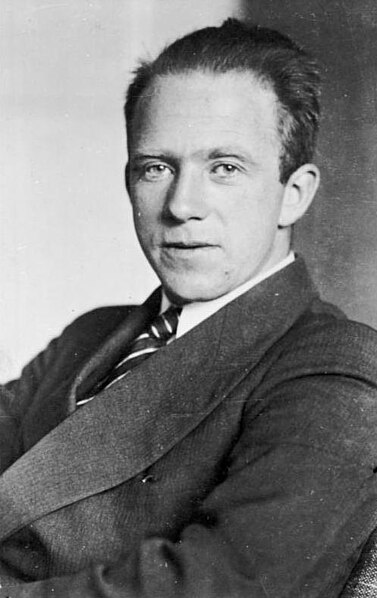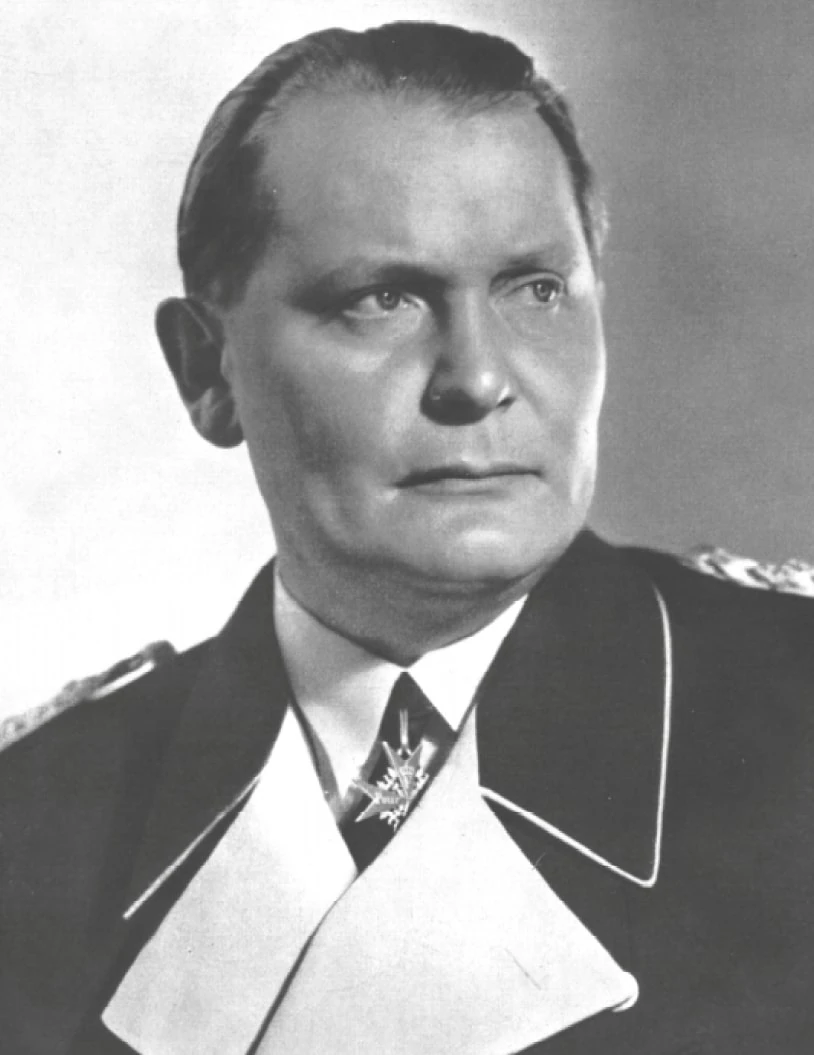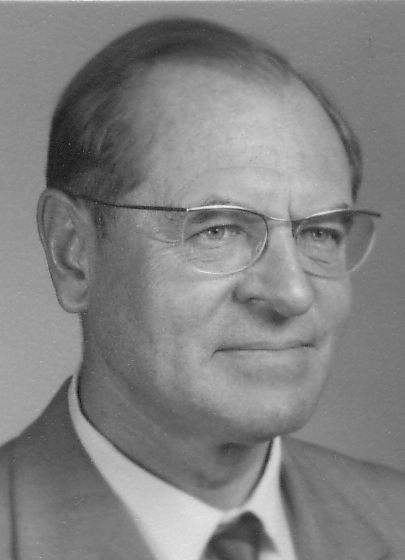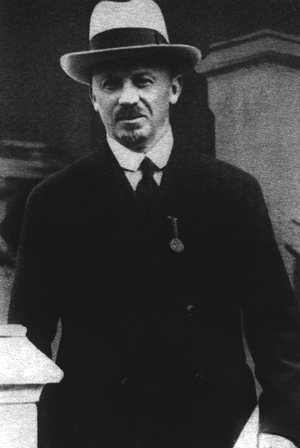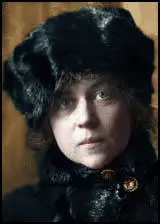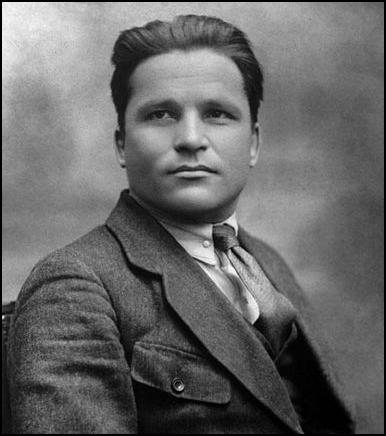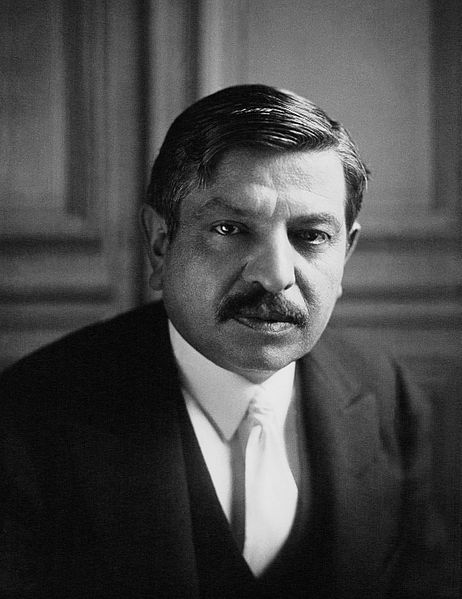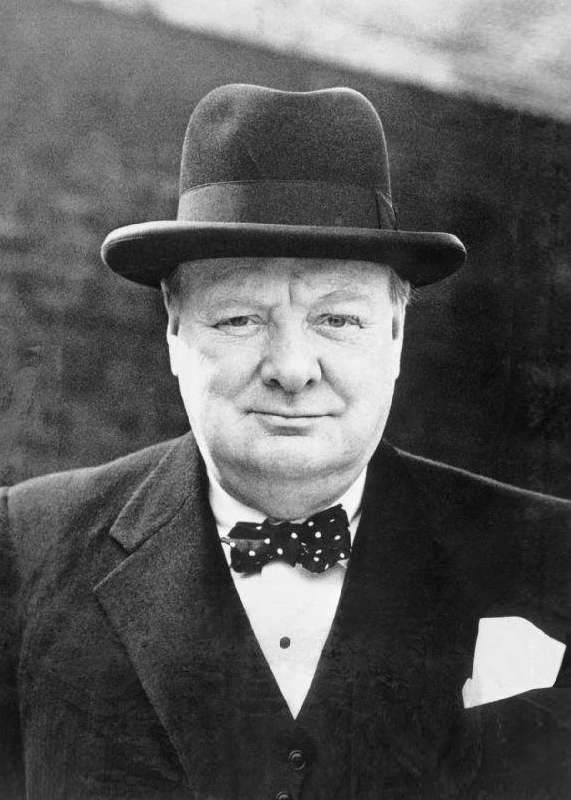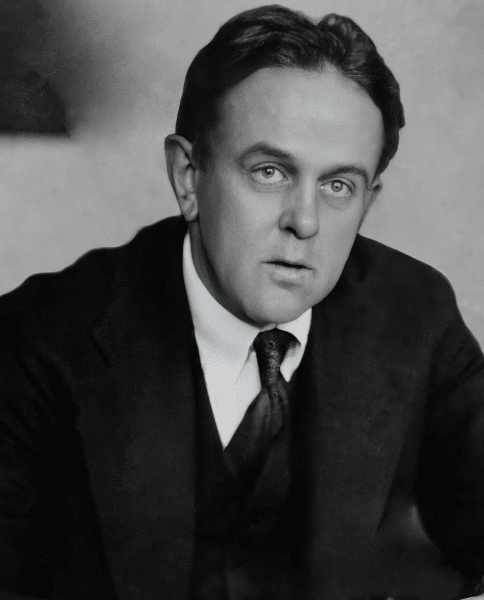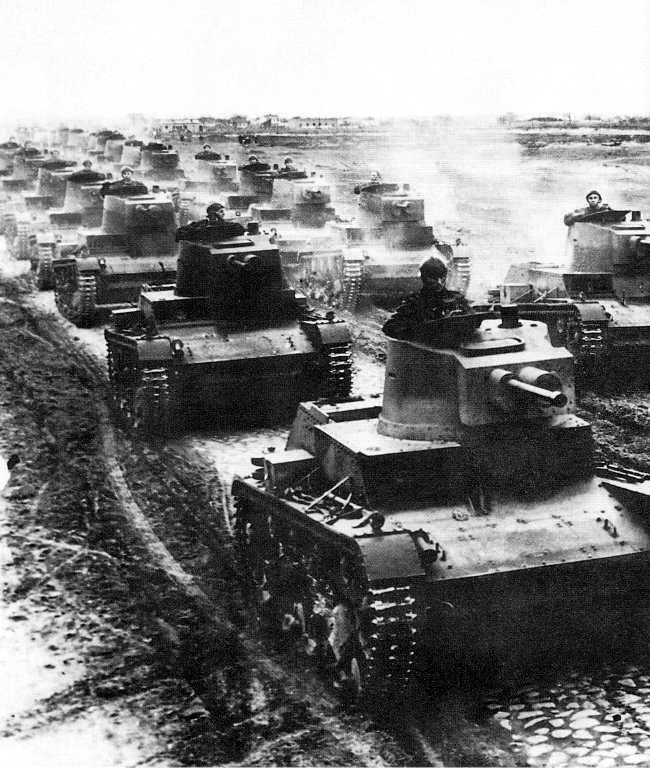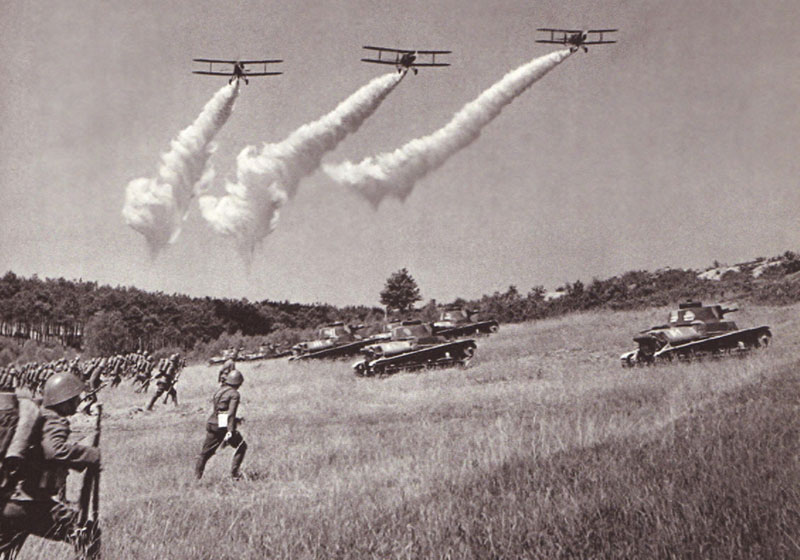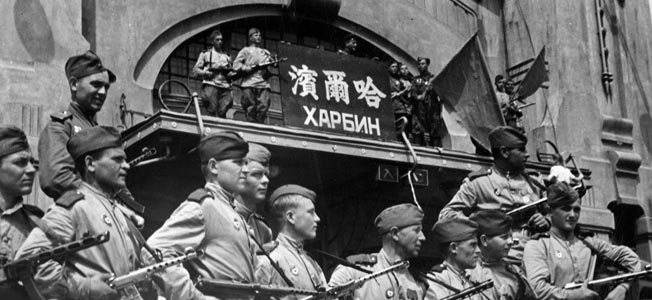German rulers [1936-1957]
Repository of images, wikiboxes and ideas for a planned TL in the Kaiserreich Universe.

Wilhelm II
(January 27, 1859 – June 4, 1941)
Emperor of Germany
(June 15, 1888 - June 4, 1941)
Man of the 20th century, third emperor of Germany. He presided over German conduct of the First and Second Weltkrieg, defeated France twice, helped to advance his country into the world's most powerful nation with the largest army, largest air forces and largest navy. Considered as the greatest German of all time.
Failed to prevent Russia from falling into a Syndicalist camp.
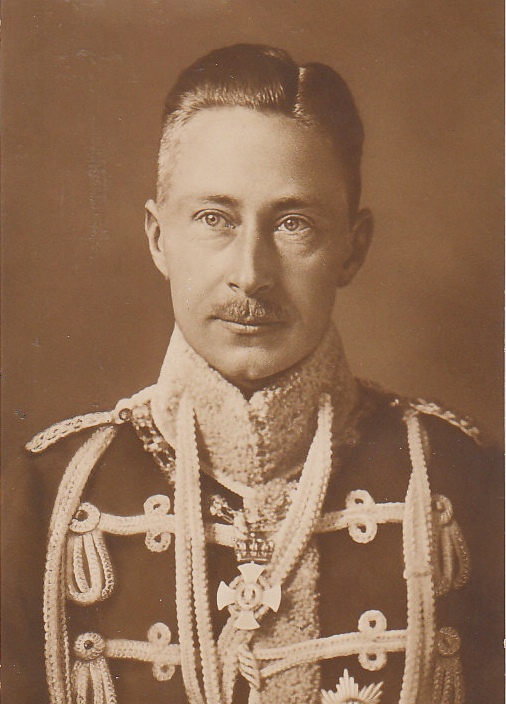
Wilhelm III
(May 6, 1882 – July 20, 1951)
Emperor of Germany
(June 4, 1941 - July 20, 1951)
Son of Wilhelm II. In his early reign, a Peace with Honour was signed with the Union of Britain (1942). After sinking of SS Kaiser Wilhelm (considered by syndicalists as a false flag operation), he renewed offensive on May 1, 1945. He is known for issuing direct orger for the German Strategic Air Forces to drop a nuclear warhead on the city of Dover and invade place with paratroopers and marines - which is considered as a direct cause of radiation poisoning among them and increasing rate of cancer among Britischkorps veterans.
During his reign, German Marinekorps invaded Australasian Confederation (syndicalist since 1936)
During his reign, Kaiser Wilhelm was launched into space as a first artificial satellite of Earth (September 2, 1950).

Wilhelm IV
(July 4, 1906 - February 21, 1994)
Emperor of Germany
(July 20, 1951 - February 21, 1994)

Franz von Papen
(October 29, 1879 – May 2, 1969)
Chancellor of Germany
(August 3, 1934 - March 8, 1937)
His immediate actions following the Black Monday and economic depression helped to deregulate some sectors of economy and introduced more small and medium companies to the German empire.

Paul Emil von Lettow-Vorbeck
(March 20, 1870 – March 9, 1964)
Chancellor of Germany
(March 8, 1937 - March 8, 1957)
Known as the second Bismarck (or Bismarck known as "early Lettow-Vorbeck"). Was appointed as a Reichskanzler by Wiilhelm II, Wilhelm III and Wilhelm IV to governments of coalition between National Liberal Party, German Conservative Party and Zentrum (elections of 1937, 1942, 1952) and the Grand Reform Coalition between SPD, FVP, NLP (election of 1947).
During his tenure in power, Reichstag voted in favour of the Kaiserbund Program - division of Mittelafrika colonial state into smaller, native countries ruled semi-independently by local, German-educated African leaders with Kaiser as a head of state, German interference into foreign policy and army. (1942)
Resigned after twenty years, when coalition of SDP and FVP won general election of 1957. His direct successor was Herbert Frahm of SDP.
He had supervised naval invasions on British Isles, Ireland and Australia, launching the first satellite into space (1948) and man into space (1952).
In his early reign, he ordered German troops to invade France (after French invasion of Switzerland), then recalled the order following diplomatic ultimatum to Paris government.
Greatly sponsored development of technology - jet and rocket propulsions, solar and wind power, nuclear warships, nuclear space propulsion and atomic power plants.

Wilhelm II
(January 27, 1859 – June 4, 1941)
Emperor of Germany
(June 15, 1888 - June 4, 1941)
Man of the 20th century, third emperor of Germany. He presided over German conduct of the First and Second Weltkrieg, defeated France twice, helped to advance his country into the world's most powerful nation with the largest army, largest air forces and largest navy. Considered as the greatest German of all time.
Failed to prevent Russia from falling into a Syndicalist camp.

Wilhelm III
(May 6, 1882 – July 20, 1951)
Emperor of Germany
(June 4, 1941 - July 20, 1951)
Son of Wilhelm II. In his early reign, a Peace with Honour was signed with the Union of Britain (1942). After sinking of SS Kaiser Wilhelm (considered by syndicalists as a false flag operation), he renewed offensive on May 1, 1945. He is known for issuing direct orger for the German Strategic Air Forces to drop a nuclear warhead on the city of Dover and invade place with paratroopers and marines - which is considered as a direct cause of radiation poisoning among them and increasing rate of cancer among Britischkorps veterans.
During his reign, German Marinekorps invaded Australasian Confederation (syndicalist since 1936)
During his reign, Kaiser Wilhelm was launched into space as a first artificial satellite of Earth (September 2, 1950).

Wilhelm IV
(July 4, 1906 - February 21, 1994)
Emperor of Germany
(July 20, 1951 - February 21, 1994)

Franz von Papen
(October 29, 1879 – May 2, 1969)
Chancellor of Germany
(August 3, 1934 - March 8, 1937)
His immediate actions following the Black Monday and economic depression helped to deregulate some sectors of economy and introduced more small and medium companies to the German empire.

Paul Emil von Lettow-Vorbeck
(March 20, 1870 – March 9, 1964)
Chancellor of Germany
(March 8, 1937 - March 8, 1957)
Known as the second Bismarck (or Bismarck known as "early Lettow-Vorbeck"). Was appointed as a Reichskanzler by Wiilhelm II, Wilhelm III and Wilhelm IV to governments of coalition between National Liberal Party, German Conservative Party and Zentrum (elections of 1937, 1942, 1952) and the Grand Reform Coalition between SPD, FVP, NLP (election of 1947).
During his tenure in power, Reichstag voted in favour of the Kaiserbund Program - division of Mittelafrika colonial state into smaller, native countries ruled semi-independently by local, German-educated African leaders with Kaiser as a head of state, German interference into foreign policy and army. (1942)
Resigned after twenty years, when coalition of SDP and FVP won general election of 1957. His direct successor was Herbert Frahm of SDP.
He had supervised naval invasions on British Isles, Ireland and Australia, launching the first satellite into space (1948) and man into space (1952).
In his early reign, he ordered German troops to invade France (after French invasion of Switzerland), then recalled the order following diplomatic ultimatum to Paris government.
Greatly sponsored development of technology - jet and rocket propulsions, solar and wind power, nuclear warships, nuclear space propulsion and atomic power plants.
Last edited:
